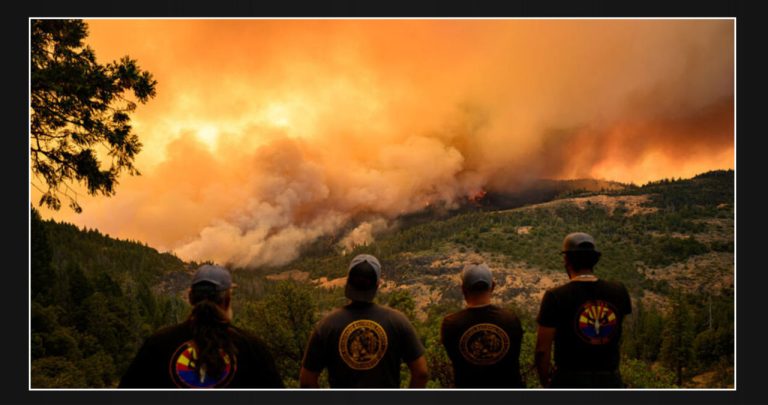Wow, it’s hard to believe how far we’ve come since the outbreak of COVID-19 a few years ago. Our lives were completely upended, and the virus had a grip on our society like never before. Thankfully, things have started to improve, and the numbers are not as terrifying as they once were. However, we must remain vigilant as the virus still lingers.
The world health organization has issued another alarming warning about the novel coronavirus, reminding us that we cannot afford to let our guard down just yet. Although it may seem like we can finally take a breather, the threat of the virus still looms over us.
Health Minister Lauterbach receives Covid booster vaccine
According to the report, we are still in the midst of a global pandemic and it is clear that we have not yet overcome the challenges we face. The World Health Organization (W.H.O.) highlights the ongoing nature of the pandemic and emphasizes that we are not out of the woods yet.
During a news briefing, msn.com reported that Dr. Maria Van Kerkhove, head of W.H.O’s emerging diseases, expressed concerns about the long-term effects of COVID-19. She stated, “We don’t necessarily know how often we’re getting infected. Five years, 10 years, 20 years from now, what are we going to see in terms of cardiac impairment, pulmonary impairment, neurologic impairment?
It’s year five in the pandemic, but there’s still a lot we don’t know about it.” Dr. Van Kerkhove emphasized the need for further research to understand the potential health consequences of the virus in the future.
The international health community is concerned that large gatherings during the holiday season may have exposed a lot of people to the virus. This is because many people could be carrying the virus, even if they aren’t showing symptoms. It is important to remember that there is still a chance for these individuals to spread the virus to others.
Workers wearing face masks to protect themselves from the outbreak of the Corona Virus Disease 2019.
According to health reports, the CDC confirms that the dominant strain (JN.1) has been spreading throughout the US. The CDC states, “The continued growth of JN.1 suggests that it is either more transmissible or better at evading our immune systems. The rapid growth of JN.1 compared with other variants raises the question of whether this variant might drive an incremental increase in infections.”
So, what about Washington State?
In Washington State, like many other states in our country, one of our challenges is the high number of individuals who have symptoms of COVID-19 but are not getting tested.
This can be attributed to COVID fatigue, where people are simply tired of constantly thinking about the virus. The idea of reinstating COVID protocols and practicing social distancing is met with resistance, making it difficult for people to take the situation seriously.
During these challenging times, it is crucial to prioritize our health and safety. One significant aspect of this is getting tested for the coronavirus. Testing is essential to identify and control the spread of the virus, ensuring the well-being of ourselves and those around us. By getting tested, we can take proactive measures to protect ourselves and our communities.
If people who have symptoms don’t get tested, it becomes difficult for asymptomatic individuals to know if they have the virus. This lack of awareness is what allows the virus to spread. It puts us at risk of seeing a rise in hospitalizations and deaths.
Vaccinations for COVID-19 started in the U.S. on Dec. 14, 2020, just over a year after the virus was initially discovered in November 2019. The remarkable efficiency in developing these vaccines has sparked numerous questions from the public.
These inquiries cover a wide range of topics, from logistical concerns like how individuals will receive their vaccinations, to the scientific intricacies behind the functioning of these vaccines.



